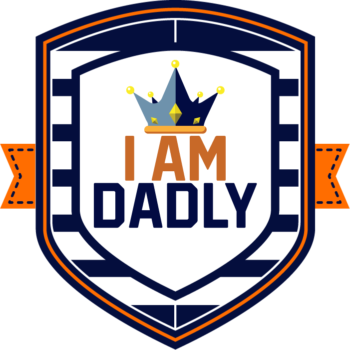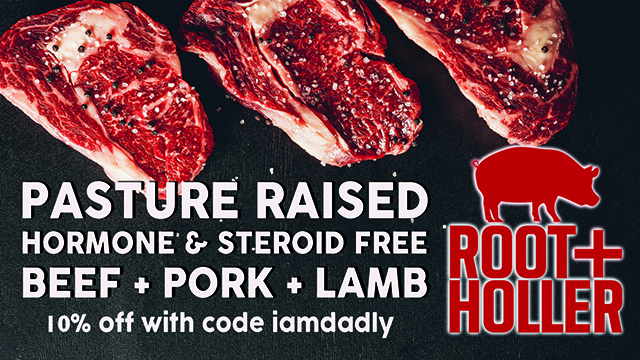
Here is today’s Game and what’s going on.
Here is what I discovered today in our Dadly Daily Declaration readings from Chapter 3 of Atomic Habits by James Clear. The title of this chapter is “How to Build Better Habits in 4 Simple Steps.”
Today’s chapter starts to explain habit formation and the steps our brain takes to develop habits. Here are a few highlights from today’s readings:
- A habit is a behavior that has been repeated enough times to become automatic. The process of habit formation begins with trial and error.
- With practice, useless movements fade away and useful actions get reinforced. That is a habit forming.
- Whenever you face a problem repeatedly, your brain begins to automate the process of solving it. Your habits are just a series of automatic solutions that solve the problems and stresses you regularly face.
- As habits are created, the level of activity in your brain decreases. You learn to lock in on the cues that predict success and tune out everything else. When a similar situation arises in the future, you know exactly what to look for. There is no longer a need to analyze very angle of a situation. Your brain skips the process of trial and error and creates a mental rule: if this, then that.
- Habits are mental shortcuts learned from experience. In a sense, a habit is just a memory of the steps you previously followed to solve a problem in the past.
- The process of building a habit can be divided into four simple steps: cue, craving, response and reward. This four step pattern is the backbone of every habit, and/or brain runs through these steps in the same order each time.
- First, there is the cue. The cue triggers your brain to initiate a behavior; it is a bit of information that predicts a reward (food, water, sex, etc.)
- Craving are the second step; they are the motivational force behind every habit. Withouts some level of motivation or desire – without craving a change – we have no reason to act. What you crave is not the habit itself but the change in state it delivers. Every craving is linked to a desire to change your internal state.
- Cues are meaningless until they are interpreted. The thoughts, feelings, and emotions of the observer are what transform a cue into a craving. Think of it like this: for a gambler, the sound of slot machines (cue) triggers an intense wave of desire to gamble (craving). For someone who rarely gambles, the sounds of slot machines are just background noise.
- The third step is the response. The response is the actual habit you perform – which can take the form of a thought or an action. Whether a response occurs depends on how motivated you are and how much friction is associated with the behavior. If a particular actions requires more physical or mental effort than you are willing to spend, then you will not do it. A habit can only occur if you are capable of doing it.
- Finally, the response (habit) delivers a reward. Rewards are the end goal of every habit. We chase rewards because the serve two purposes: (1) they satisfy us and (2) they teach us.
- If a behavior is insufficient in any of the four stages, it will not become a habit.
- All behavior is driven by the desire to solve a problem. Sometimes the problem is that you notice something good and want to obtain it. Sometimes the problem is that you are experiencing pain and you want to relieve it.
Those gems lead us to today’s Dadly Daily Declaration:
Habits do not restrict freedom. They create it. In fact he people who don’t have their habits handled are often the ones with the least amount of freedom.
Without good financial habits, you will always be struggling for the next dollar. Without good health habits, you will always seem to be short on energy. Without good learning habits, you will always feel like you’re behind the curve. If you’re always being forced to make decisions about simple tasks – when should I work out, where do I go to write, when do I pay the bills – then you have less time for freedom.
It’s only by making the fundamentals of life easier that you can create the mental space needed for free thinking and creativity. When you have your habits dialed in and the basics of life are handled and done, your mind is free to focus on new challenges and master the next set of problems. Building habits in the present allows you do to more of what you want in the future.



